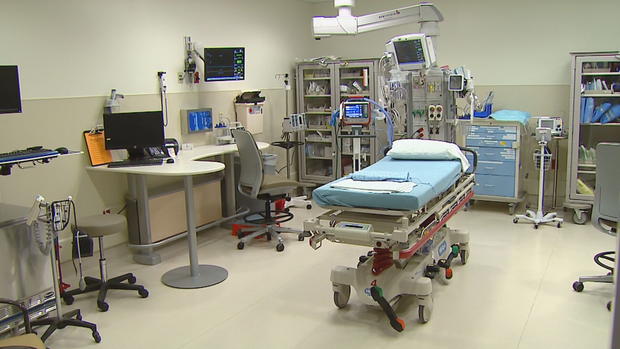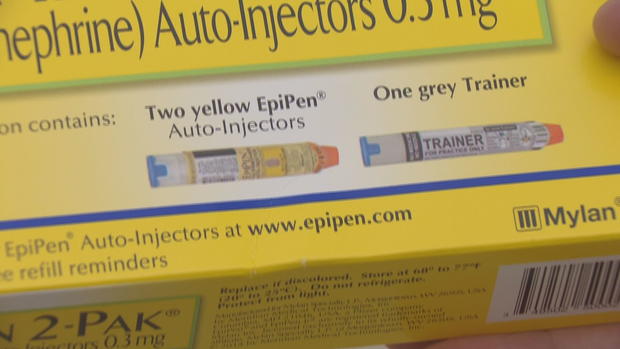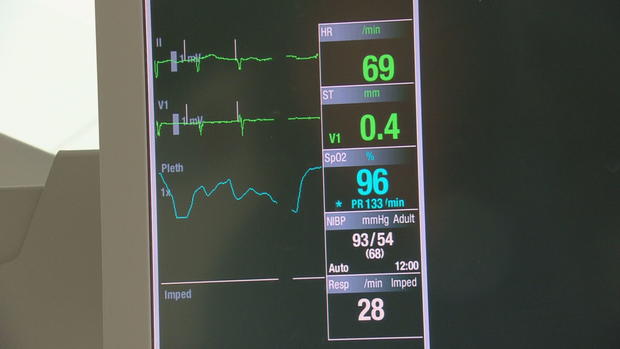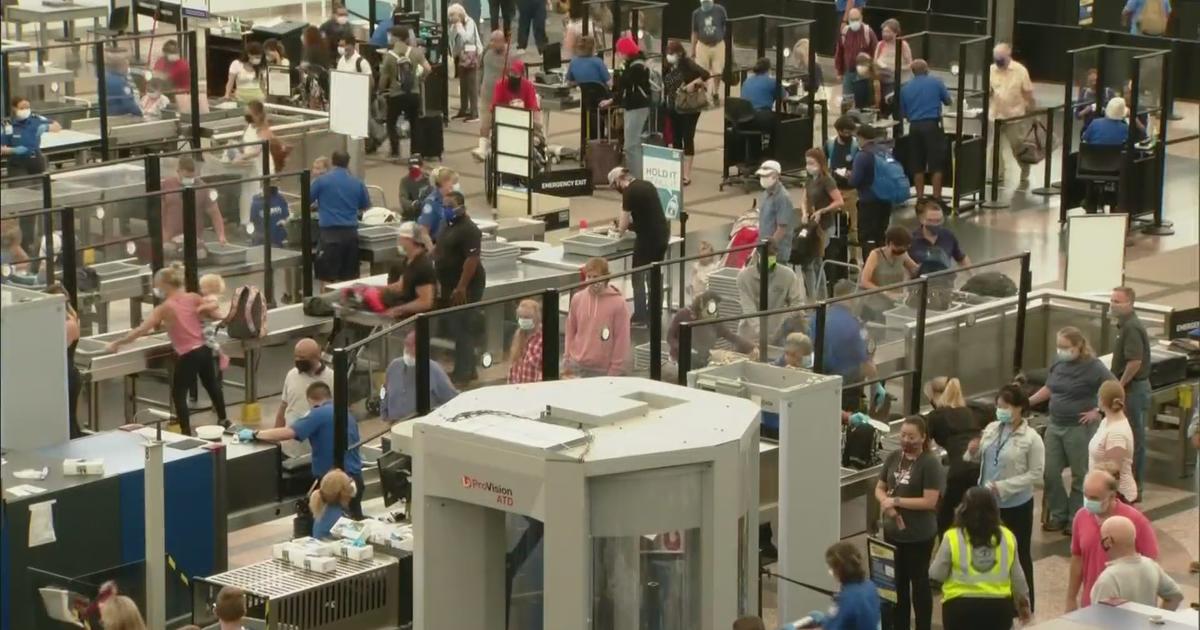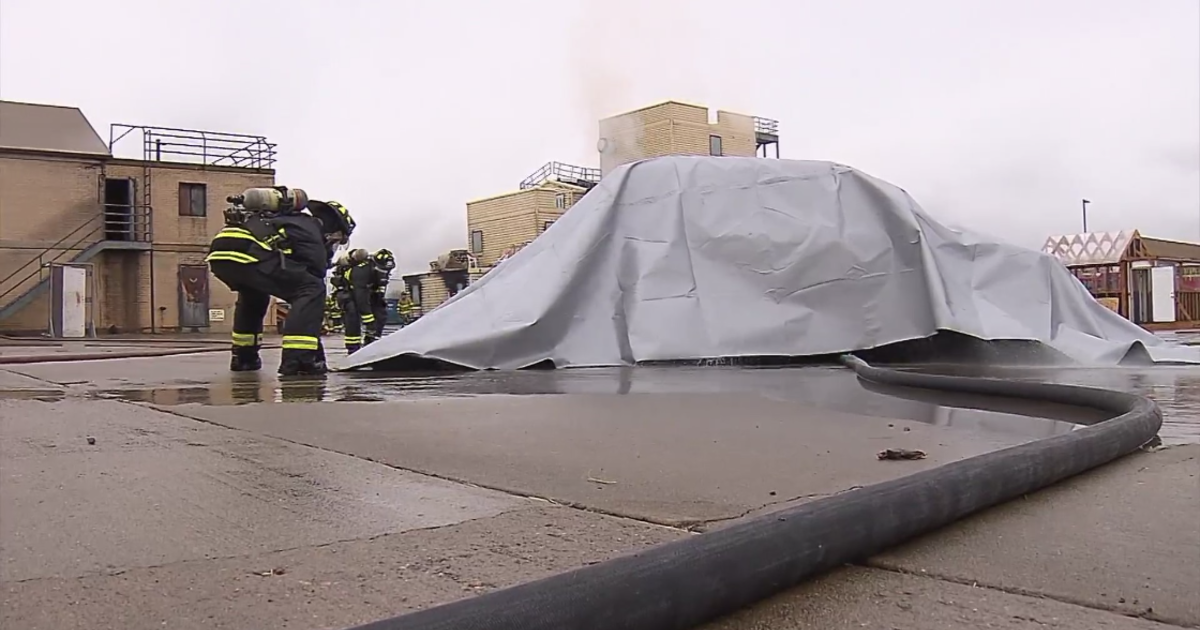Republicans And Democrat Want To Empower Patients To Sue Hospitals That Don't Post Prices
DENVER (CBS4)- Imagine being able to go online and shop around for health care like you do anything else. Under a federal rule that took effect last year, hospitals should be posting the prices they negotiate with insurers online, but many have dragged their feet.
Some state lawmakers say if fines don't get their attention, maybe litigation will.
Representatives Patrick Neville, a Republican, and Daneya Esgar, a Democrat, are sponsors of a bill that's aimed at hospitals that have refused to post prices to protect profits greater than the federal penalties they face.
Their bill would allow people to sue and have their bill dismissed if, on the day they received care, the hospital wasn't in compliance with the federal rule. The hospital would also have to pay a penalty and the patient's attorney fees.
Neville says, "After three or four lawsuits, they'll all come into compliance and we'll probably never use this bill again."
Look no further than Mason Kochel of Avon to understand how a little price transparency can make a huge difference, in his case, a $15,000 difference. David Kochel says his son went to an emergency room with a severe allergic reaction and left with an Epi-pen that, he says, the hospital posted online for $600, but billed him for $15,000.
"It was outrageous, egregious, maybe fraudulent. They called it a glitch in the billing system but thousands of Coloradans every year experience glitches like this."
Removing the secrecy around hospital pricing is one of the few issues where Republicans and Democrats are on the same page. The federal rule was written by the Trump administration and implemented by the Biden administration.
Neville says price transparency is the best way to drive up competition among hospitals and drive down prices for all of us.
"This also gives employers the ability to go back and look and shop and say 'man, my employees are going to be paying a lot less if I choose this policy or this hospital' so it's like true negotiating power for employers, even the labor groups, the state government could probably save a ton of money with this," said Neville.
Kochel supports the bill that he hopes makes hospitals think twice before billing 15,000 for an Epi-pen, "In our case, the story has a happy ending. That's not the case for most Coloradans, many of who would not know how to go about challenging the bill and many of whom would have just paid it, so I think it's really important that hospitals are held accountable."
The Colorado Hospital Association says it supports transparency but the bill, it says, needs work including a clear definition of what it means for a hospital to be in non-compliance. It argues federal regulators, not the courts, are best positioned to decide that.
The Hospital Association says based on a survey it conducted, 90% of hospitals here are in compliance with the federal rule. Deciphering the data, however, can be difficult, if not impossible, for consumers.
A federal rule taking effect this summer will enable tech companies to aggregate the data and develop apps that allow people to easily compare prices for individual procedures.
Neville suggests that will be a game-changer, "There's a lot of companies out there developing apps, so just like you can go to Gasbuddy.com and find the best gas station, you're going to have different companies out there developing these apps so, if you want to go shop for service, you can hop on there and see 'oh, if I drive another 10 miles I can save $3,000 on my MRI' and guess what's going to happen? You're going to go save $3,000 and then the company that's charging $3,000 more is going to look at losing all that business and say I need to lower my prices."
Neville says one study found 30% of hospital costs are negotiated with insurance companies and 20% of insurance company costs are negotiated with hospitals.
The bill passed the House Health and Insurance Committee unanimously and is now headed to the floor.
